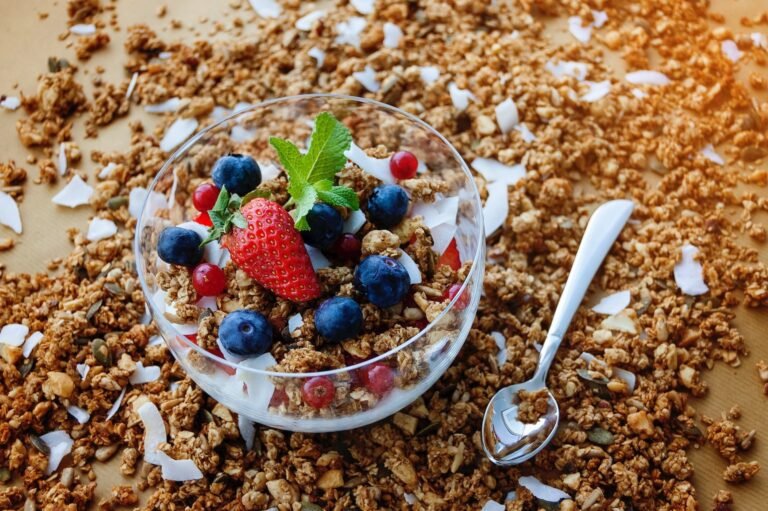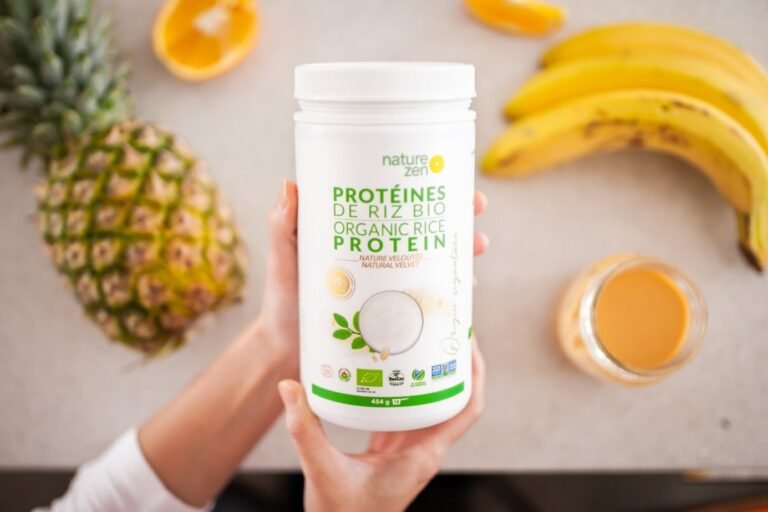Flu shot ingredients: What they contain
The worst thing is being sick. Along with coughing and nasal congestion, a common symptom that accompanies a cold or flu is loss of appetite. Between naps and tissues, the last thing you want to eat is food, but it’s important to stay strong so your body can fight off these foreign invaders. You know that not all foods are created equal, and you may already have an idea of what to eat when you’re sick.” because colds and flu are as a result of viruses, meals with antiviral residences can pace healing,” says a nutritionist at rsp nutrition. You may be tempted to eat unhealthy foods, but think twice before ordering a pizza and grabbing a bowl of ice cream. “infection can cause temporary deficiencies in essential nutrients, particularly protein, b vitamins, copper, iron, vitamin c, and zinc,” says an integrative medicine and internal medicine physician at the northwestern medical group .
“the best choice would be nutrient-dense fruits and vegetables. She adds that nutritional deficiencies make it harder for the body to fight off infection and increase the risk of complications like pneumonia. According to Kristin a.r. alcohol, caffeine, and fatty and high-fiber foods are also prohibited. Gustavaw, rd, from rush university in Chicago. Alcohol and caffeine dehydrate and suppress the immune response, while foods high in fat and fiber are difficult to digest and can aggravate gastrointestinal problems. “adequate hydration helps flush toxins from the body,” notes gustashaw.
Wondering what’s on the menu when you’re feeling down? Grab a piece of paper and a pen and make a shopping list with expert advice. Yes, there’s a reason your mom used to drink a bowl of this at the first sign of a stuffy nose or other cold symptoms. Not only does the broth provide the fluid needed to fight viruses, but it also reduces the inflammation that triggers symptoms and leads to more colds.
1. Chicken Soup


Is a good source of sodium and potassium and contains nutrients that help boost the immune system, says Gustashaw. Carrots, celery, and onions provide vitamins A and C, while the star of the show, chicken, is packed with protein and zinc. Not to mention that warm liquids can soothe your throat and help relieve congested sinuses, Gustashaw notes. Plus, water is the key ingredient in soups, meaning you’ll replenish much-needed fluids while enjoying this hearty and nutritious homemade meal.
2. Citrus fruits


Vitamin C, which is most commonly found in citrus fruits, is an antioxidant that may help boost immunity. So make it a part of your routine to boost your immune system for next time. Get your dose of vitamin-packed supplements or citrus fruits, peppers, broccoli, Brussels sprouts, squash, papaya, sweet potatoes, and tomatoes.
3. Garlic, onion, and leek


Kissing is out of the question when your nose is running like a fire hydrant, so you might as well indulge in this spicy addition (along with its antiviral cousins, onions, chives, and leeks) to help combat that pesky cold. “It has long been revered for its ability to help NK cells rid the body of invaders,”. Garlic, in particular, contains allicin, which has antibacterial, antifungal, antiviral, antiparasitic, and antioxidant properties. These foods are also good sources of vitamin C and may help improve the gut’s barrier function, notes Gustashaw.
4. Ginger Tea


Ginger is one of the best cold-fighting foods thanks to a chemical called sesquiterpenes that specifically target rhinoviruses, the most common family of cold viruses, as well as cough suppressants. It additionally incorporates anti-inflammatory gingerols that may combat infection. Adding a few tablespoons of ground ginger root to green tea can do the trick, but you can also look out for ginger tea, gummy ginger, or real ginger beer, although most canned foods contain very little real ginger.
5. honey


Honey is often touted as a remedy for everything from burns (apply raw honey to the burn as soon as possible to speed healing) to cuts and scrapes (honey’s natural antiseptic properties allow it to heal similarly to act like hydrogen peroxide). Because it covers the throat, it’s one of the best foods for colds and sore throats, and its natural antioxidant and antimicrobial properties help fight viral, bacterial, and fungal infections. Honey may also help reduce the frequency of coughing and improve upper respiratory tract function, Gustashaw says. It can even improve sleep quality, which you desperately need when you are sick.
6. kefir


Kefir is rich in immune-boosting probiotics, says Dr. Mike Roussell. It has more protein than yogurt and milk, and it also regulates digestion so your body can use all the calories and nutrients you consume when you’re feeling down, she says. probiotics might even help shorten the duration of the flu. Some may comprise vital vitamins like potassium and nutrients A and C. Other fermented foods like sauerkraut, dill, carrots, kimchi, and kombucha also fill your gut with good bacteria and may help prevent colds.
7. Brazil nuts


An ounce of Brazil nuts contains far more than the recommended daily amount of selenium, a mineral that boosts immunity. Getting enough selenium in the body increases the production of cytokines that help clear the flu virus, says an author of The Green Pharmacy Guide to Healing Foods. Other primary sources of selenium include lobster, oysters, clams, crab, and tuna.







